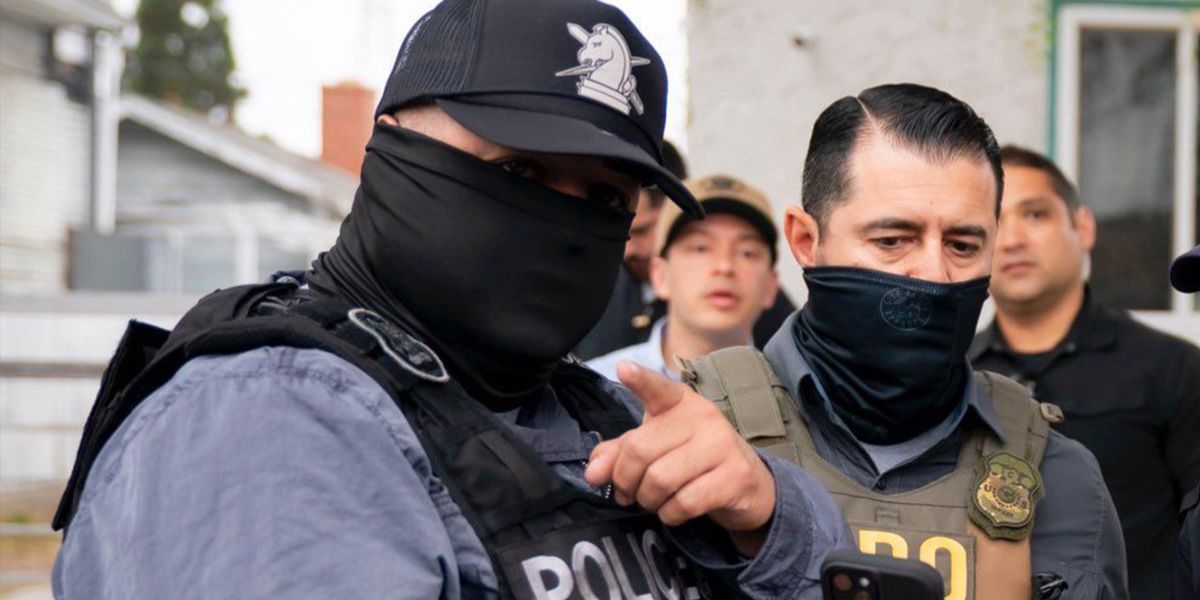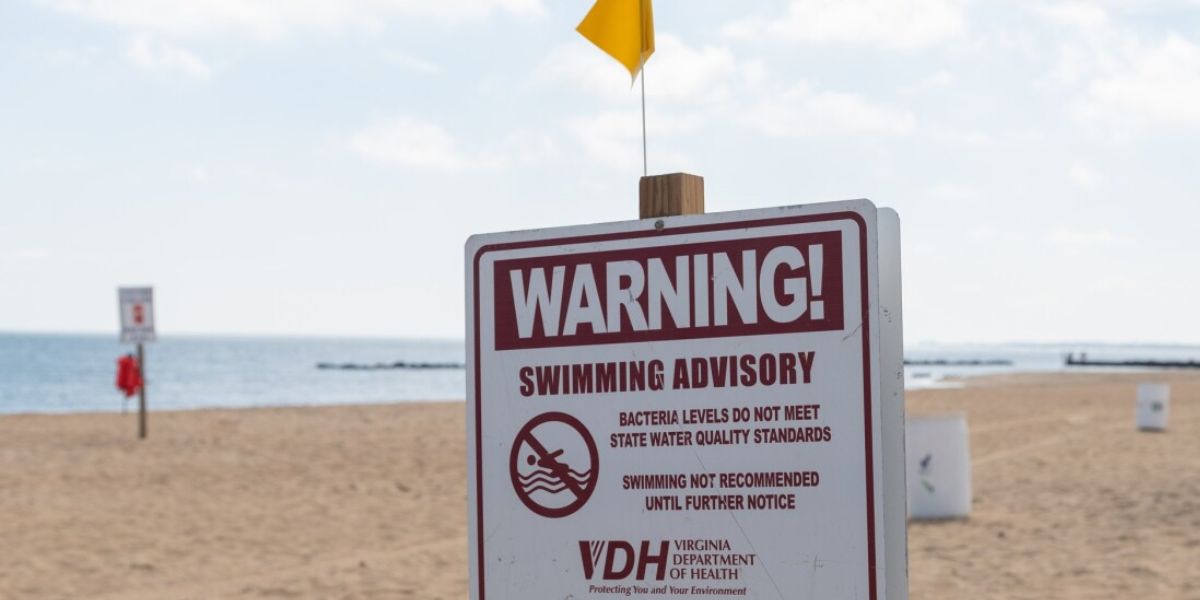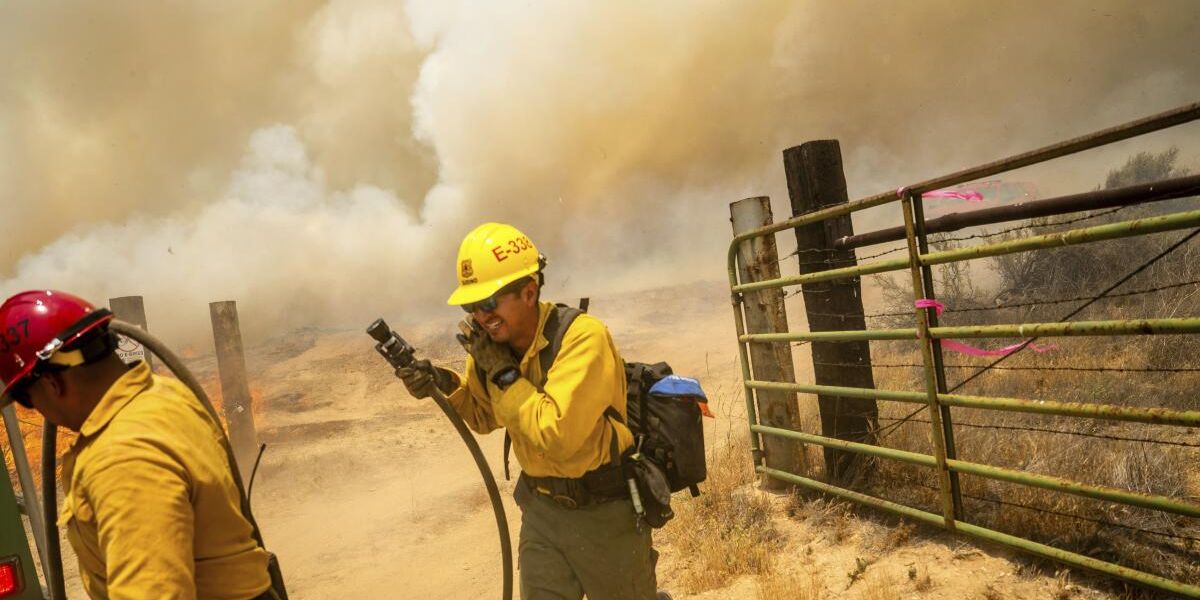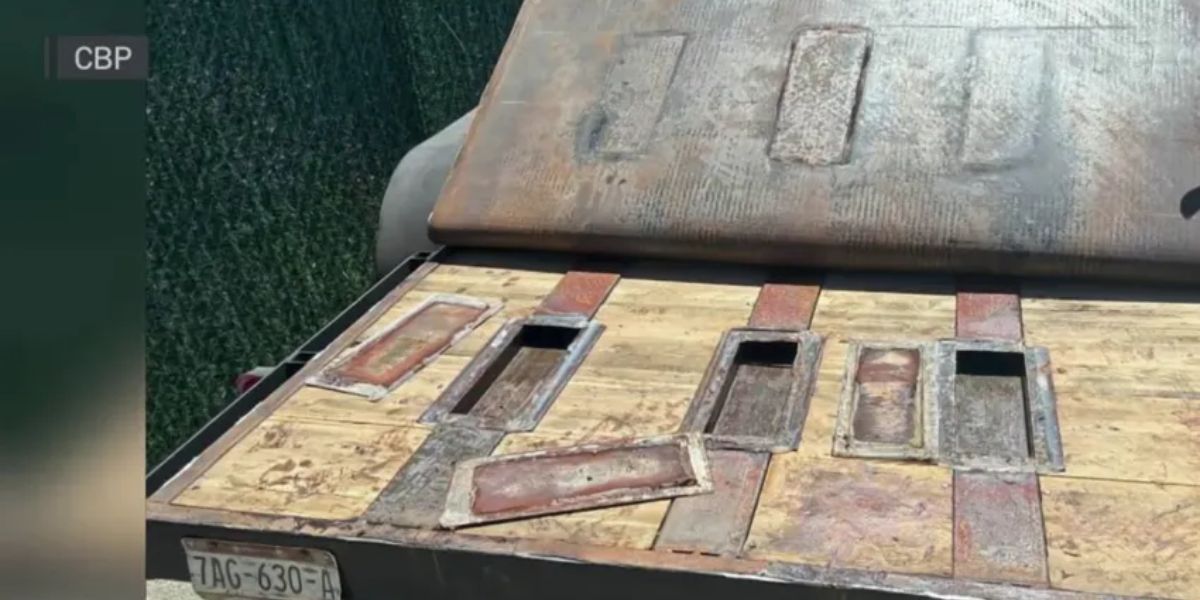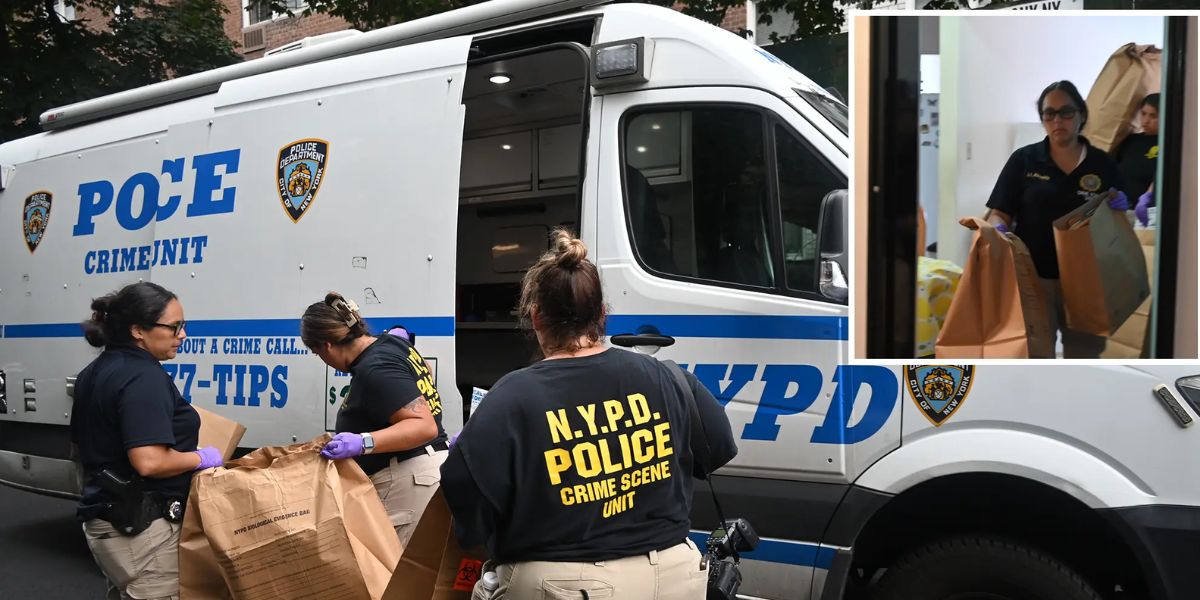Sacramento, California — California lawmakers are pushing forward with a new bill aimed at increasing transparency and public trust in law enforcement, which would require officers to reveal their faces while conducting official duties.
The proposal, known as the No Secret Police Act (SB 627), seeks to combat concerns over law enforcement officers covering their faces during operations and to prevent impersonators from disguising themselves as officers.
Key Provisions of SB 627
The bill, announced last week by State Senators Jesse Arreguín (D-Berkeley/Oakland) and Scott Wiener (D-San Francisco), would require law enforcement officers—whether local, state, or federal—to show their faces and be identifiable by their uniforms, which must include their name or other form of identification.
Exceptions would be made for SWAT teams and officers responding to natural disasters, as well as for the National Guard and other military personnel.
Why the Bill Was Introduced
Senator Wiener cited recent federal operations in California, where officers have been seen wearing face coverings and army fatigues, as a reason for introducing the bill.
He expressed concern over the growing number of federal agents conducting operations while hiding their identities, which he believes undermines public trust in law enforcement and raises fears of vigilante activity.
“We are seeing more and more law enforcement officers, particularly at the federal level, covering their faces entirely, not identifying themselves at all, and at times, even wearing army fatigues where we can’t tell if these are law enforcement officers or a vigilante militia,” Wiener said. “They are grabbing people off our streets and disappearing people, and it’s terrifying.”
The bill also addresses incidents where law enforcement officers have used masks to shield their identities, such as the June 6 immigration raids in Los Angeles, which led to widespread protests and public outcry.
The senators believe that identifying officers is crucial for accountability and to ensure that the public can trust those who are enforcing the law.
Impact on Federal and Local Law Enforcement
Under the proposed law, federal officers would still be allowed to wear face coverings while performing their duties if they follow federal law. However, local and state officers would be required to comply with the new identification rules, which include wearing uniforms with visible insignia and personal identifiers.
Despite the push for greater transparency, Todd Lyons, the acting director of U.S. Immigration and Customs Enforcement (ICE), defended his officers’ use of masks, explaining that they wear them for protection from potential death threats and harassment. “I’m sorry if people are offended by them wearing masks, but I’m not going to let my officers and agents go out there and put their lives on the line,” Lyons stated during a press conference earlier this month in Boston.
Read Also: Authorities Arrest Gang Members After Daylight Stabbing in Thousand Oaks
Challenges to Enforcing the Law
One potential obstacle to the bill’s enforcement lies in the jurisdictional divide between state and federal law.
Ed Obayashi, a special prosecutor in California, argued that it would be difficult to prosecute federal officers under this state law because they are operating under federal directives and are protected from prosecution by state courts.
Obayashi noted that local and state officers already have regulations requiring them to display identifiable information and department insignia on their uniforms.
Looking Ahead
As the bill makes its way through the legislative process, it highlights the ongoing debate over law enforcement transparency and the role of federal officers in local communities.
If passed, SB 627 could serve as a model for other states looking to improve accountability within law enforcement.
What are your thoughts on the No Secret Police Act?
Do you think law enforcement officers should be required to reveal their identities during operations for transparency and accountability? Share your views in the comments below! For more updates, visit RidgecrestPact.org.

